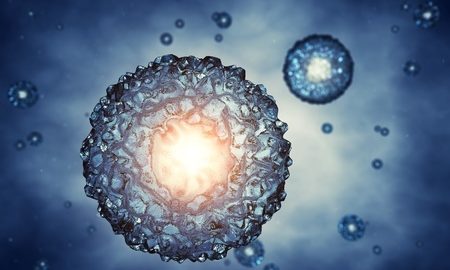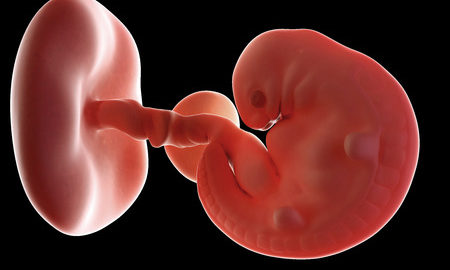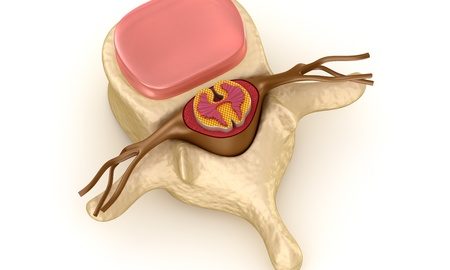Cord Blood Infusion Helps Children with Autism

A recent study has shown that autologous cord blood infusions are a safe and effective treatment for children with autism spectrum disorder. The study was a single-center phase 1 open-label trial. What is autism spectrum disorder?







